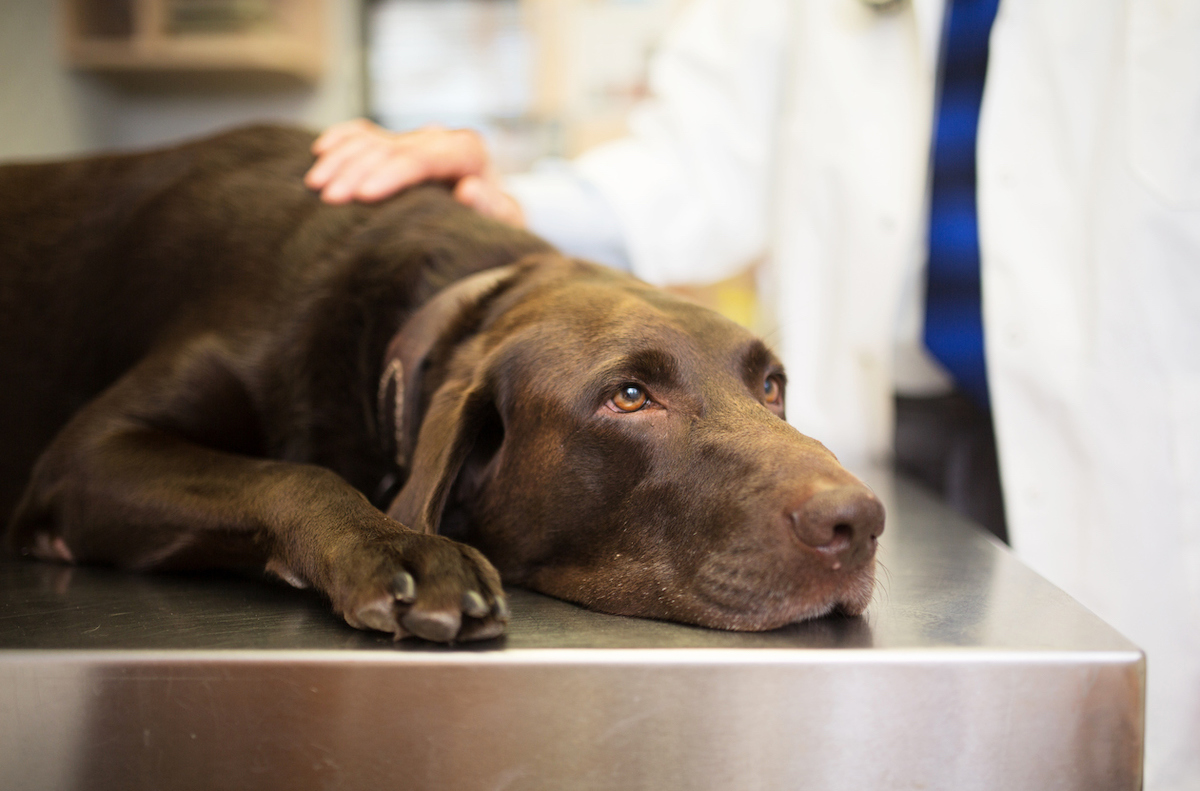The study was spurred to action after a sharp increase of reports in the U.K. that dogs were becoming seriously sick and vomiting profusely in late 2019 and early 2020. A team of researchers from the University of Liverpool and the University of Lancaster began a survey of 1,258 vets and pet owners, obtaining 95 clinical samples from 71 animals, The Daily Mail reports. After running PCR tests and combing through questionnaires and electronic health records, researchers found that the outbreak of illness in dogs was caused by a specific type of coronavirus variant known as canine enteric coronavirus (CeCoV). Results also showed the outbreak began in Dec. 2019 before peaking on Feb. 2, 2020. Although the word “coronavirus” now causes anxiety whenever it’s used, researchers also pointed out that while the CeCoV variant can get dogs sick, humans can’t catch it like its COVID-19-causing cousin SARS-CoV-2. But the team’s findings showed that the virus could cause severe illness in canines, with most pooches taking about seven days to fully recover and about one percent of those infected dying from the disease. And for more warning signs that something could be wrong, If This Body Part Hurts You at Night, See Your Doctor. Fortunately, such epidemics among dogs are very rare because effective vaccines are administered to dogs that protect them against most known diseases, The Daily Mail reports. But the researchers concluded that the survey was successful in rapidly being able to determine that the coronavirus variant was the culprit of the outbreak and could have benefits for the future, since “previous CeCoV seasonality suggests further outbreaks may occur,” they wrote. According to the U.S. Centers for Disease Control and Prevention (CDC), it’s unlikely pets can infect their owners, with the agency’s website saying: “Based on the limited available information, the risk of animals spreading the COVID-19 virus to people is considered low. … There is no evidence that viruses can spread to people or other animals from a pet’s skin, fur or hair.” The CDC also points out that most animals who have contracted the virus only experience mild illness and fully recovered.ae0fcc31ae342fd3a1346ebb1f342fcb But even though CeCoV can’t be passed from animal to human, research has shown that humans can still infect their pets with COVID. After the South Korean government began offering free coronavirus tests to symptomatic pets, a case was reported in Seoul of a cat that tested positive for COVID-19 after showing symptoms of lethargy and vomiting. The entire family that lives with the cat lives was previously infected with the novel coronavirus, The Washington Post reports. And for more red flags for your health, check out If You Notice This on Your Hands, Get Your Liver Checked, Doctors Say.</p



